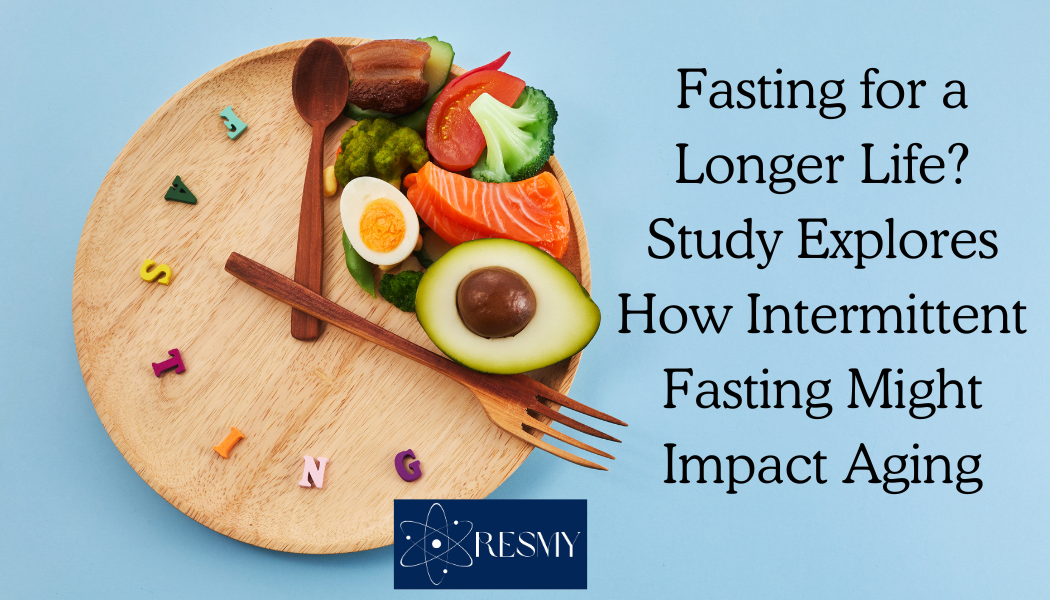Highlighted Post
Intermittent fasting (IF), where you cycle between periods of eating and fasting, has gained popularity for its potential health benefits. This new study delves into the effects of prolonged IF on autophagy, inflammation, and cellular aging, all of which are linked to longevity and healthy lifespan.
The Intricate Dance: Autophagy, Inflammation, and Aging
Autophagy, a cellular cleaning process, helps remove damaged components and maintain healthy cells. Inflammation, while crucial for fighting infections, can become chronic with age and contribute to various health problems. Cellular senescence, where cells lose the ability to divide, is another hallmark of aging.
The Study: Prolonged Fasting’s Impact on Cellular Processes
Researchers recruited 25 healthy young men and subjected them to a prolonged IF regimen – fasting for 17-19 hours daily for 30 days. They tracked changes in gene expression related to autophagy, inflammation (inflammasome activity), and senescence over a period of time.
A Time-Dependent Effect: Fasting’s Impact Unfolds
The study revealed interesting time-dependent effects:
- Autophagy: Initially, prolonged IF boosted the expression of genes associated with autophagy (ATG5, ULK1, and BECN1). However, this effect decreased by the end of the fasting period.
- Inflammation: Genes linked to the inflammasome (NLRP3 and IL-1β), a key player in inflammation, showed increased expression early during the fast. This suggests a potential initial inflammatory response, but levels subsided by the end of the study. Another inflammasome component (ASC) also followed this pattern. However, a different inflammatory marker (TNF-α) showed a continuous decrease throughout the fasting period.
- Cellular Senescence: Interestingly, the expression of genes associated with senescence (p16INK4A and p21) appeared to decline over time. However, the gene for a tumor suppressor protein (P53), which can also play a role in senescence, initially increased but then decreased by the end of the study.
Fasting’s Complex Effects Need Further Exploration
This study highlights the complex and time-dependent effects of prolonged IF on cellular processes related to aging. While initial increases in autophagy and inflammasome activity were observed, they subsided later. Senescence markers also showed a potential decrease. However, further research with larger and more diverse groups is needed to confirm these findings and understand the long-term consequences of prolonged IF.
The Road Ahead: Unveiling the Secrets of Longevity
This study adds to the growing body of research on the potential benefits of intermittent fasting for health and lifespan. By elucidating the intricate interplay between autophagy, inflammation, and senescence, researchers are paving the way for a future where we might be able to optimize our health and live longer, healthier lives.

